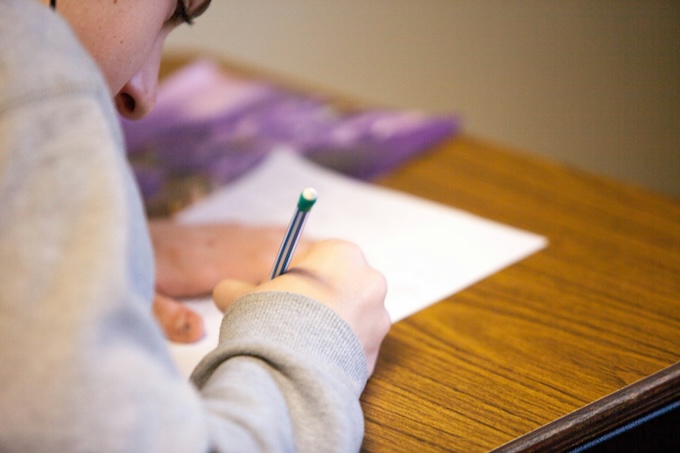Do spelling tests actually make students better spellers?
Summary: students will become better at taking spelling tests, and they will become better at spelling words correctly during their writing overall.
Spelling tests are a simple idea that have been around since the dawn of language. In the United States, Noah Webster pioneered educational texts with the Blue Backed Spellers, originally published with the lengthy title The American spelling book, containing an easy standard of pronunciation : being the first part of a grammatical institute of the English language, in 1786.
Spelling tests in elementary and grade schools is a time-honored tradition, and often a core part of the curriculum in countries at those levels. And many a student has left behind their spelling tests possibly wondering, “what is the point of all these tests? Are they actually helping?”

Some research
To answer that question, we have to actually look at two different questions:
- Do spelling tests make students better at taking spelling tests?
- Do spelling tests make students better at spelling words correctly during their writing in general?
Steven Graham and Tanya Santangelo attempted to answer this question in their meta-analysis of 53 studies in their 2014 paper, Does spelling instruction make students better spellers, readers, and writers? A meta-analytic review. The review covered studies that examined the results of over 6,000 students across K-12.
The results showed “strong and consistent support for teaching spelling.” Notably:
- Teaching spelling improved spelling performance when compared to no or unrelated instruction
- Students who receive consistent and dedicated formal spelling instruction throughout their academic journey will likely experience greater improvement in their spelling skills compared to those who receive shorter or less frequent instruction
- Gains in spelling were maintained over time and not immediately forgotten (e.g. students weren’t just “surface learning”)
- The results were consistent, regardless of the students’ grade or literacy
Students benefit
In general, every student can benefit from additional spelling instruction. As the research shows, the gains aren’t isolated to those training for the National Spelling Bee or to those who struggle the most in the classroom.
More importantly, additional spelling test practice helps with both of those questions above: students will become better at taking spelling tests, and they will become better at spelling words correctly during their writing in general.
So, keep practicing spelling words with your students at home and in the classroom. And consider using software like Spelling Test Buddy to help you help them on this journey!